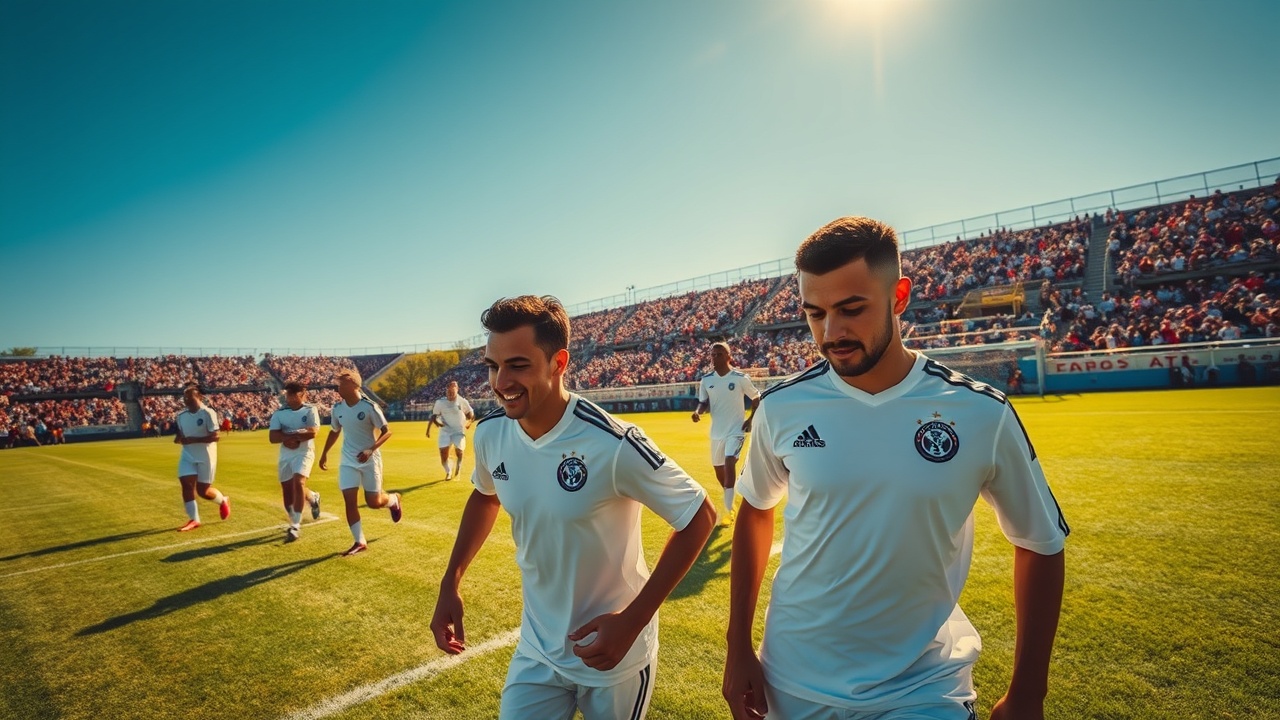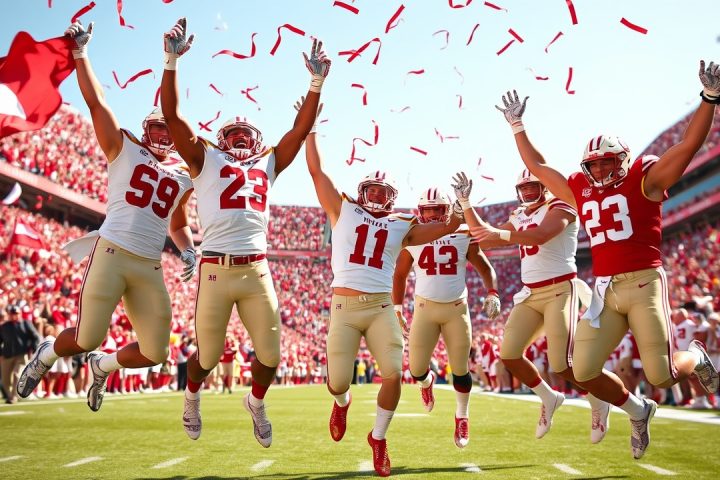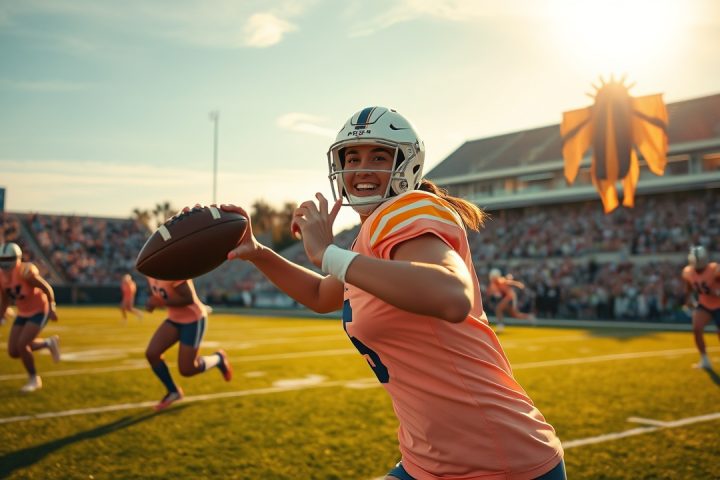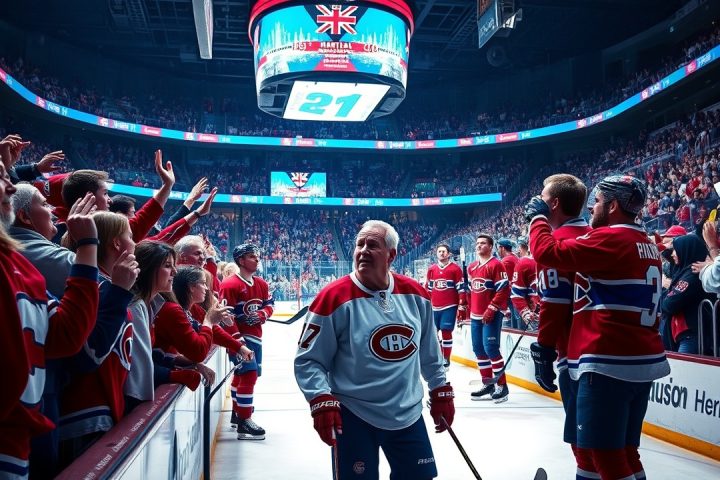FIFPRO Raises Concerns Over Extreme Heat at FIFA Club World Cup
In Fort Lauderdale, Florida, the global players’ union known as FIFPRO has voiced serious concerns regarding the extreme heat levels experienced during the ongoing FIFA Club World Cup. They have pointed out that the matches between Paris Saint-Germain and Atlético Madrid, as well as Chelsea and Esperance, should have been postponed due to temperatures surpassing the safe limits determined for player health.
Health Risks and Expert Opinions
FIFPRO’s medical experts assert that the soaring heat has prompted players to reach out to their national unions, raising alarms about their safety on the field.
Dr. Vincent Gouttebarge, the medical director at FIFPRO, stated that the Wet Bulb Globe Temperature (WBGT), a scientific measure used to evaluate heat stress based on various meteorological factors, exceeded their maximum recommended level of 28 degrees during both matches.
With FIFA’s own guidelines setting the limit at 32 degrees WBGT, Gouttebarge emphasized that matches played under such conditions should have been postponed or rescheduled to a cooler time of day. During a recent quarter-final game involving Chelsea against Benfica, weather disruptions also occurred, with significant storm delays influencing the event.
Player and Coach Reactions
Coaches and players have not held back in discussing the harsh conditions; for instance, Atlético Madrid’s Marcos Llorente and Chelsea’s Enzo Maresca have both commented publicly on the challenges faced by athletes during these high-temperature encounters. The high stakes and intensity of the Club World Cup, therefore, come with potential health risks that have raised eyebrows.
Looking Ahead to the 2026 FIFA World Cup
Looking ahead to the 2026 FIFA World Cup, scheduled to take place across the United States, Canada, and Mexico, FIFPRO is keen to prevent similar situations by advocating for the scheduling of matches in heat-friendly time slots. Alexander Bielefeld, FIFPRO’s director of policy, noted the elevated risk for cities like Miami and Orlando during midday matches, underlining the need for discussions with FIFA to prioritize evening kickoff times in these areas—urgently needed to protect player wellbeing in extreme climates.
Bielefeld and Alex Phillips, FIFPRO’s general secretary, expressed their commitment to presenting logical arguments based on industry norms and existing protocols, such as those observed by Major League Soccer (MLS), which does not host midday games in Florida. Phillips acknowledged that players have indeed approached their unions with various concerns regarding the conditions they are facing at the Club World Cup, signaling a collective awareness of the potential hazards posed by extreme weather during major tournaments.




